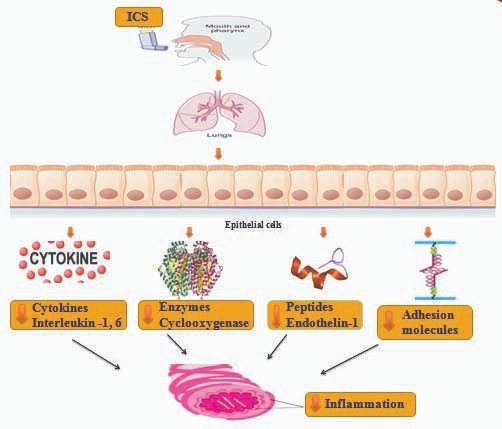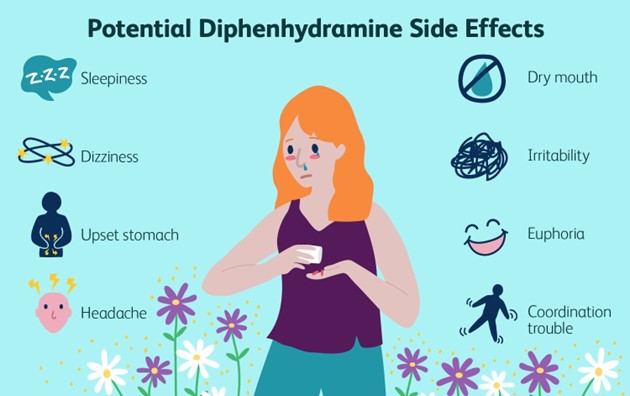A nurse is giving discharge instructions to a patient who has been ordered Guaifenesin (Mucinex) to take BID for 3 days after discharge. What response by the patient lets her know that he understands how to take his medication?
“Taking this medication can cause me to develop a non-productive cough."
"I will take my medication Daily with a full glass of water."
"I will take my medication twice a day with a full glass of water!
“The medication will have to be given by my Home Health Nurse twice a day”
The Correct Answer is C
This response demonstrates that the patient understands the dosing frequency (twice a day) and the importance of taking it with a full glass of water, which aligns with the instructions provided by the nurse.
The other choices are incorrect because:
A. "Taking this medication can cause me to develop a non-productive cough.": This response is about a potential side effect of the medication, rather than showing an understanding of the dosing instructions.
B. "I will take my medication Daily with a full glass of water.": This response indicates a misunderstanding of the dosing frequency, as the prescription specifically states "BID" (twice a day) rather than "daily."
D. "The medication will have to be given by my Home Health Nurse twice a day.": This response suggests a reliance on the home health nurse to administer the medication, which contradicts the instructions for the patient to take it themselves. It shows a misunderstanding of the patient's responsibility in self-administering the medication.
Nursing Test Bank
Naxlex Comprehensive Predictor Exams
Related Questions
Correct Answer is A
Explanation
Inhaled fluticasone (Flovent) is a corticosteroid medication that is commonly used in the treatment of asthma. It works by reducing inflammation in the airway, which is a key component of asthma. By decreasing inflammation, it helps to prevent and control asthma symptoms, such as wheezing, coughing, and shortness of breath.
The other options mentioned are incorrect:
B. Relieves symptoms of an acute asthma attack: Inhaled fluticasone is not intended for immediate relief during an acute asthma attack. It is a long-term control medication used to manage and prevent asthma symptoms.
C. Causes immediate bronchodilation: Fluticasone does not cause immediate bronchodilation, which refers to the widening of the airways to improve breathing. Bronchodilation is typically achieved with short-acting beta-agonist medications, such as albuterol.
D. Reduces blood pressure and heart rate: Fluticasone is not known to have a direct effect on blood pressure or heart rate. Its primary action is to reduce inflammation in the airway for the management of asthma.

Correct Answer is D
Explanation
Dry mouth is a common side effect of diphenhydramine, which is an antihistamine medication commonly used to relieve symptoms of allergies, including itching and rash. Chewing on sugarless gum or sucking on hard, sour candies can help stimulate saliva production and alleviate the discomfort of dry mouth.

A. "Administer the medication with food": While taking diphenhydramine with food may help reduce the risk of stomach upset, it does not directly address the dry mouth side effect.
B. "Discontinue the medication and notify your provider": Discontinuing the medication without consulting the healthcare provider is not recommended unless specifically instructed to do so. Dry mouth is a common side effect of diphenhydramine and can be managed with supportive measures.
C. "Place a humidifier at your bedside every evening": While using a humidifier can help add moisture to the air and potentially alleviate dryness in the environment, it is not a specific instruction for managing dry mouth caused by diphenhydramine.
Whether you are a student looking to ace your exams or a practicing nurse seeking to enhance your expertise , our nursing education contents will empower you with the confidence and competence to make a difference in the lives of patients and become a respected leader in the healthcare field.
Visit Naxlex, invest in your future and unlock endless possibilities with our unparalleled nursing education contents today
Report Wrong Answer on the Current Question
Do you disagree with the answer? If yes, what is your expected answer? Explain.
Kindly be descriptive with the issue you are facing.
